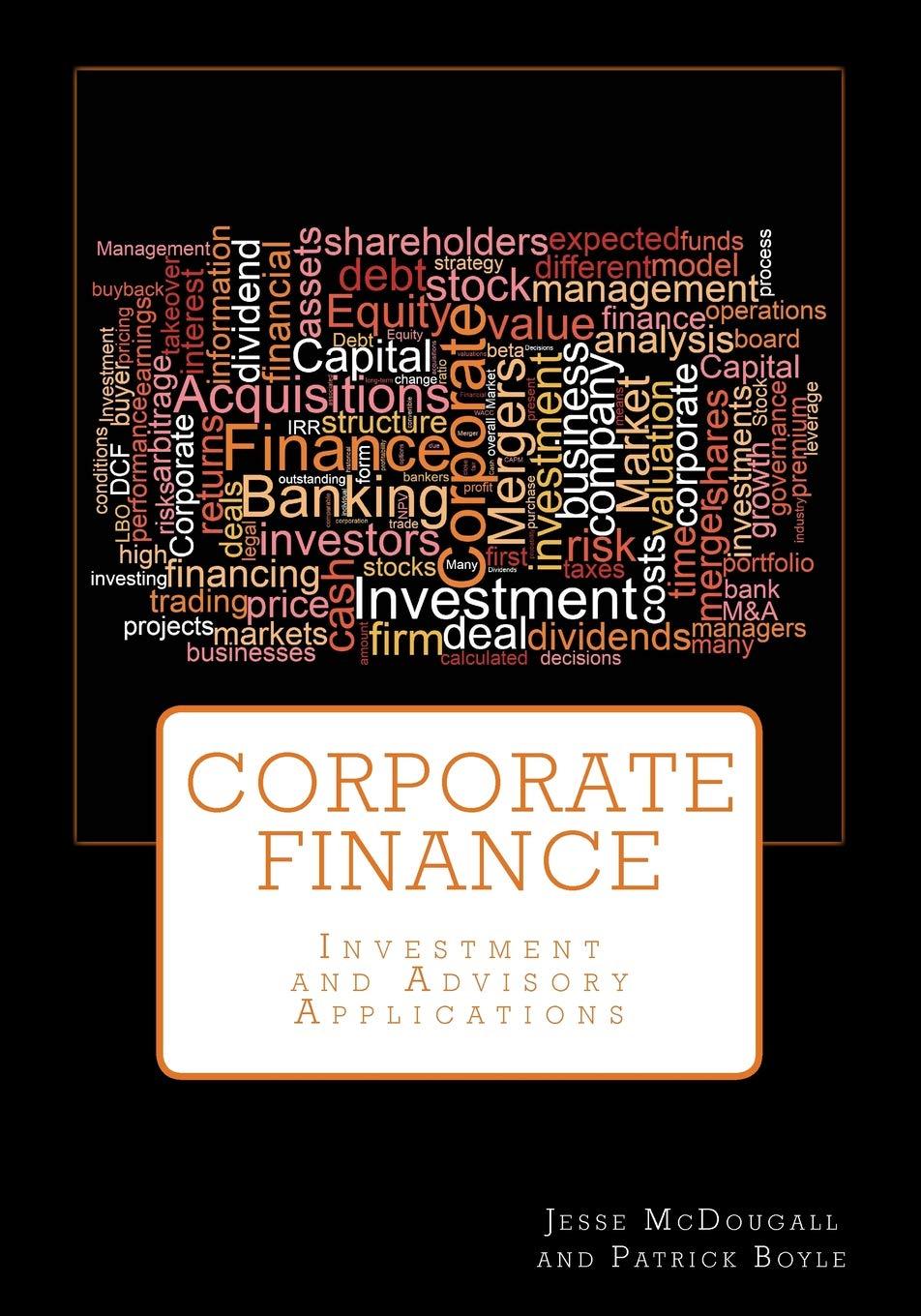Question
In the Case: State Street Bank & Trust Co. v. Signature Financial Group, Inc . Case: State Street Bank & Trust Co. v. Signature Financial
In the Case: State Street Bank & Trust Co. v. Signature Financial Group, Inc.
Case: State Street Bank & Trust Co. v. Signature Financial Group, Inc.
IMPORTANT NOTE - State Street was overruled by In re Bilski, 545 F.3d 943 (Fed. Cir. 2008). The decision in Bilski was affirmed on appeal on June 29, 2010 by the United States Supreme Court, which essentially means that State Street and its progeny (i.e., subsequent cases that followed it ruling) are dead. Business Methods, however, are not necessarily per se unpatentable, but do continue to be controversial.
FACTS: In State Street, the court held that a so-called Hub and Spoke computer software program that helped in the administration of mutual funds was patentable because it produced a useful, concrete and tangible result. The Bilski court, however, explicitly overruled State Street, holding that the useful, concrete and tangible result is not sufficient. To be patentable, a process must either be tied to a particular machine, or it must transform an article. The court referred to this standard as the machine-or-transformation test. The Supreme Court of the United States recently affirmed this ruling.
In Bilski, the applicants had tried to patent a method of evading risk in the field of supplies trading. For example, coal power plants purchase coal to produce electricity. The plants could suffer financial disaster if the market price of coal increased dramatically. Conversely, coal mining companies would be harmed financially if coal prices fell.
The Bilski patent imagined a process whereby an intermediary would buy and sell coal at fixed prices, thereby protecting the power plants and the mining companies from market fluctuations. The intermediary manages its risk, and earns profits, by buying and selling options to purchase coal. The appeals court ruled en banc that this process was not patentable because it involved the purchase and sale of options, which are simply legal rights not involving the transformation of any physical object or substance. In short, inventors can no longer patent a process that simply involves opinions. This holding was affirmed on appeal to the United States Supreme Court, essentially killing State Street for good.
As you know, in order to be patentable, a claimant must prove that an invention satisfies the following elements: (1) Patentable Subject Matter; (2) Utility (i.e., it is Useful); (3) Novelty (i.e., it is New); and Nonobvious.
Question 4. What arguments can they make for and against such patents?
Step by Step Solution
There are 3 Steps involved in it
Step: 1

Get Instant Access to Expert-Tailored Solutions
See step-by-step solutions with expert insights and AI powered tools for academic success
Step: 2

Step: 3

Ace Your Homework with AI
Get the answers you need in no time with our AI-driven, step-by-step assistance
Get Started


